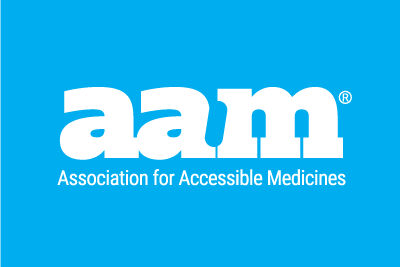Challenges & Solutions for Prescription Drug Savings Identified by MedPAC
As policymakers seek to respond to concerns about high drug costs, a recent report may provide a path forward. The Medicare Payment Advisory Commission (MedPAC) provides independent expert advice to Congress on Medicare payment policies and in a recent report to Congress, it recommends key changes to the Part D program that could serve as a foundation for sustainable savings through generic and biosimilar adoption.
